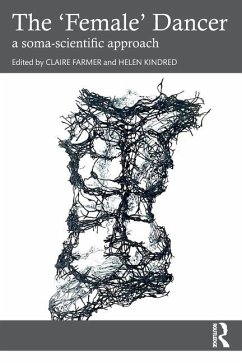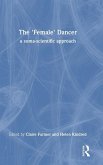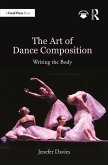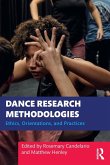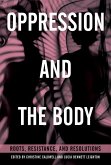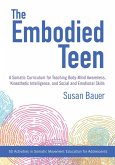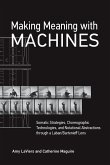The 'Female' Dancer aims to question dancers' relationships with 'female' through the examination and understandings of biological, anatomical, scientific, and self-social identity. The volume gathers voices of dance scientists, dance scholars, somatic practitioners, and dance artist-educators, to discuss some of the complexities of identities, assumptions and perceptions of a female dancing body in an intersectional and practically focused manner.
The book weaves a journey between scientific and somatic approaches to dance and to dancing. Part I: 'Bodily Knowledge' explores body image, hormones and puberty, and discussions around somatic responses to the concept of the gaze. Part II: 'Moving through Change', continues to look at strength, musculature, and female fragility, with chapters interrogating practice around strength training, the dancer as an athlete, the role of fascia, the pelvic floor, pregnancy and post-partum experiences and eco-somatic perceptions of feminine. In 'Taking up Space', Part III, chapters focus on social-cultural and political experiences of females dancing, leadership, and longevity in dance. Part IV: 'Embodied Wisdom' looks at reflections of the Self, physiological, social and cultural perspectives of dancing through life, with life's seasons from an embodied approach.
Drawing together lived experiences of dancers in relationship with scientific research, this book is ideal for undergraduate students of dance, dance artists, and researchers, as well as providing dancers, dance teachers, healthcare practitioners, company managers and those in dance leadership roles with valuable information on how to support female identifying dancers through training and beyond.
The book weaves a journey between scientific and somatic approaches to dance and to dancing. Part I: 'Bodily Knowledge' explores body image, hormones and puberty, and discussions around somatic responses to the concept of the gaze. Part II: 'Moving through Change', continues to look at strength, musculature, and female fragility, with chapters interrogating practice around strength training, the dancer as an athlete, the role of fascia, the pelvic floor, pregnancy and post-partum experiences and eco-somatic perceptions of feminine. In 'Taking up Space', Part III, chapters focus on social-cultural and political experiences of females dancing, leadership, and longevity in dance. Part IV: 'Embodied Wisdom' looks at reflections of the Self, physiological, social and cultural perspectives of dancing through life, with life's seasons from an embodied approach.
Drawing together lived experiences of dancers in relationship with scientific research, this book is ideal for undergraduate students of dance, dance artists, and researchers, as well as providing dancers, dance teachers, healthcare practitioners, company managers and those in dance leadership roles with valuable information on how to support female identifying dancers through training and beyond.

